Ivory Coast Ruling Party Warns Opposition Over Post-vote Unrest
Ivory Coast President Alassane Ouattara's ruling party on Sunday warned opposition leaders against attempts to call for a transition of power after they boycotted a weekend election in protest over his bid for a third term.
The West African country's electoral commission released preliminary results from Saturday's ballot showing Ouattara with a dominant lead, which had been expected given the opposition's boycott.
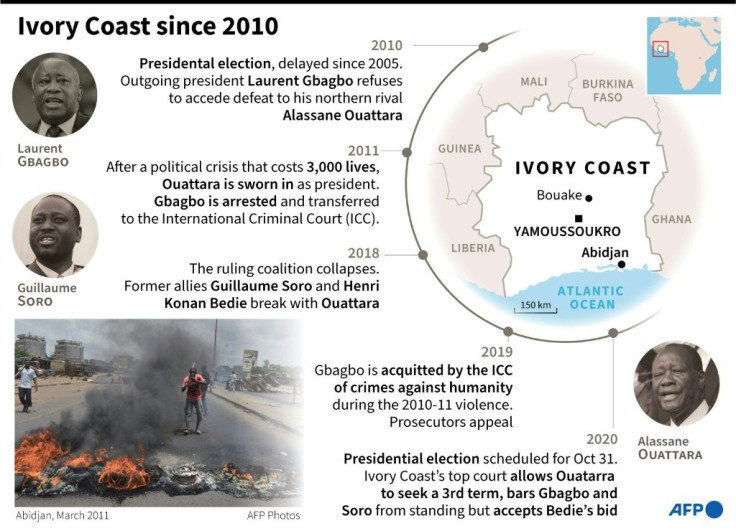
Clashes erupted in Ivory Coast in August when Ouattara said a constitutional reform allowed him to bypass a two-term presidential limit to run again, angering the opposition who called it an "electoral coup".
Pre-election violence killed at least 30 and the opposition protest stoked fears of a repeat of the 2010-2011 crisis when 3,000 people died after then president Laurent Gbagbo refused to accept defeat by Ouattara.
"The RHDP warns Mr Affi N'Guessan and his cohorts against any attempt at destabilisation," ruling RHDP party director Adama Bictogo told a news conference.
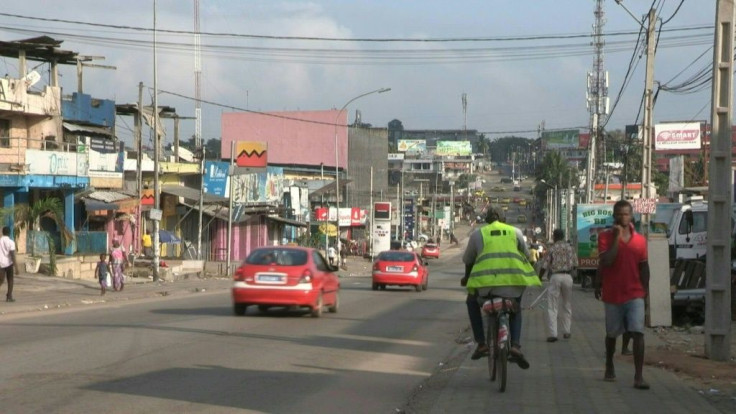
He was responding to opposition leader Pascal Affi N'Guessan, who earlier said the opposition rejected Saturday's election and called for a "civilian transition".
N'Guessan said they believed Ouattara's mandate was over and called for Ivorians to mobilise against him.
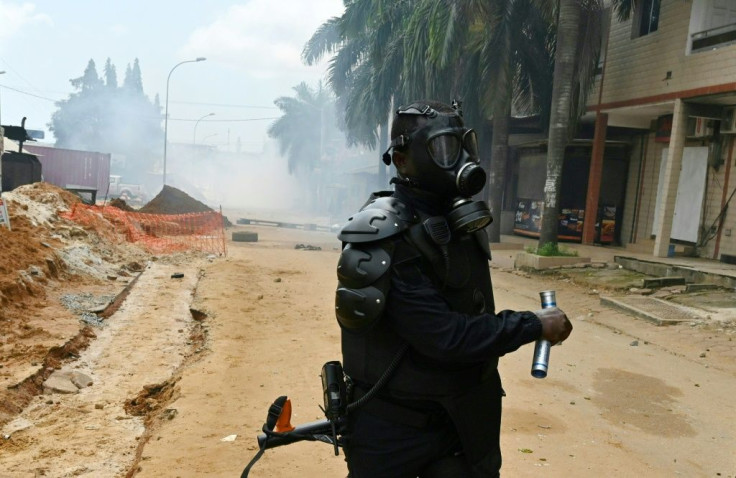
"The RHDP calls for authorities to be firm. No one is above the law," Bictogo said.
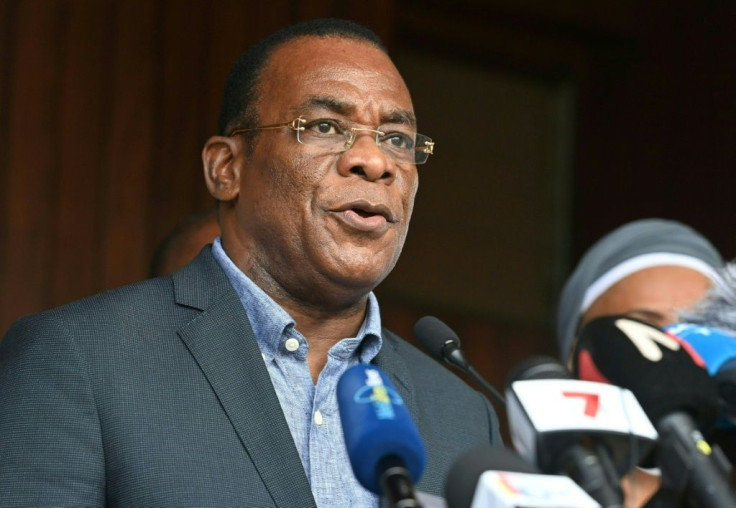
Scattered unrest, vandalised voting material and some closed polling stations were reported mostly in opposition strongholds during Saturday's election.
Abidjan was quiet on Sunday and there were no immediate reports of protests.
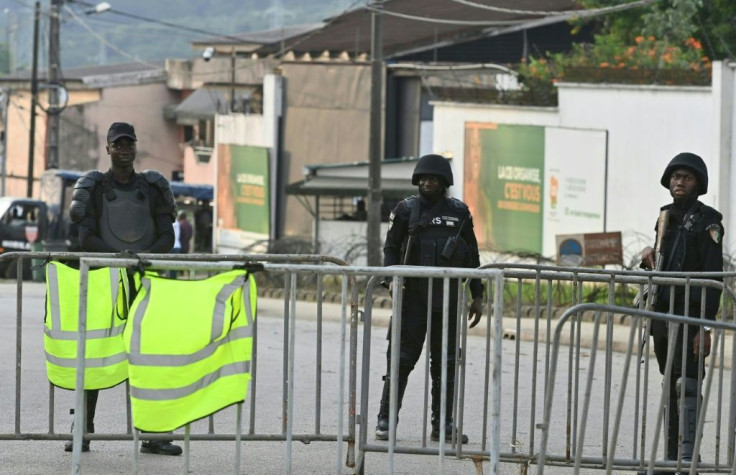
The tension in French-speaking West Africa's top economy are a test for a region where Guinea and Tanzania are caught up in post-election disputes, Nigeria is emerging from widespread unrest and Mali suffered a coup.
The standoff over Ouattara's third term pits the ex-IMF economist against his old adversary former president Henri Konan Bedie, one of the feuds between ageing leaders that have marked Ivorian politics for decades.
"This is really a difficult situation.... The crisis has not been resolved by the election," said Professor Arsene Brice Bado at Abidjan's CERAP research institute.
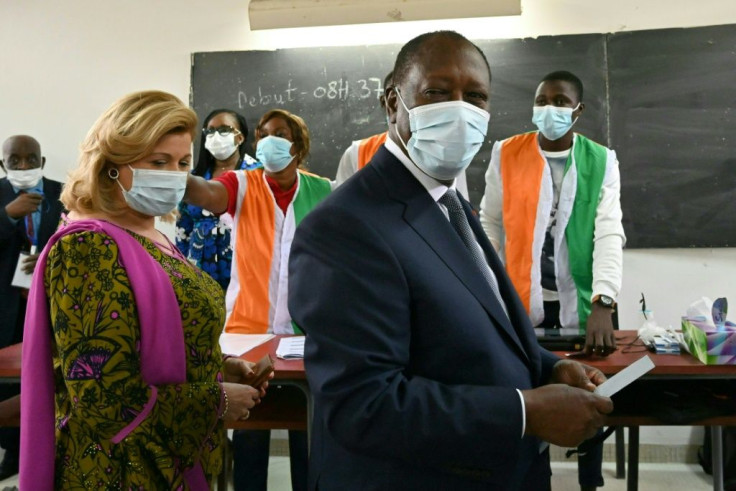
"The winning party needs to find ways to start a new dialogue."
The final results of the election are expected on Monday. But with the opposition's boycott, Ouattara is expected to cruise to a win, particularly in the north where his support base is located.
At least five people died in clashes on Saturday in central Tiebissou and Oume and in Tehiri village, security and medical sources said, though a local mayor of Tiebissou said a total of four were killed just in his town.
Protests degenerated into clashes between ethnic communities who back rival political factions in Tiebissou, Oume, Yopougon, a poor Abidjan district, and in the western town of Gboguhe, according to witnesses.
According to the office of Tiebissou's mayor, a member of Ouattara's party, some of the 27 injured in the town had gunshot and stab wounds.
The country's political feuds are often linked with ethnic identities and regional loyalties -- in part dating back to the 2002 civil war that split the country in two, north and south.
Opposition leaders on Saturday already dismissed the election as a failure and several opposition figures, including exiled former rebel chief Guillaume Soro, announced they no longer recognised Ouattara as president.
Ouattara, 78, had said after his second term he planned to make way for a new generation, but the sudden death of his chosen successor prompted him to seek a third term.
The Ivorian leader says a constitutional court ruling approved his third term, allowing him to reset the country's two-term presidential limit thanks to a 2016 reform.
But Bedie, 86, and other opposition leaders had accused the electoral commission and the constitutional court of favouring the government, making a fair vote impossible.
The weeks before the election saw clashes, mainly between local ethnic groups close to the opposition and Dioula communities seen as loyal to the president, himself a Muslim from the north.
When Ivory Coast emerged from a civil war after 2002, the country was split in two, the north held by rebels and the south by forces of then president Gbagbo.
Following battles in Abidjan, French forces intervened to help Ouattara loyalists oust the former president.
© Copyright AFP 2024. All rights reserved.





















